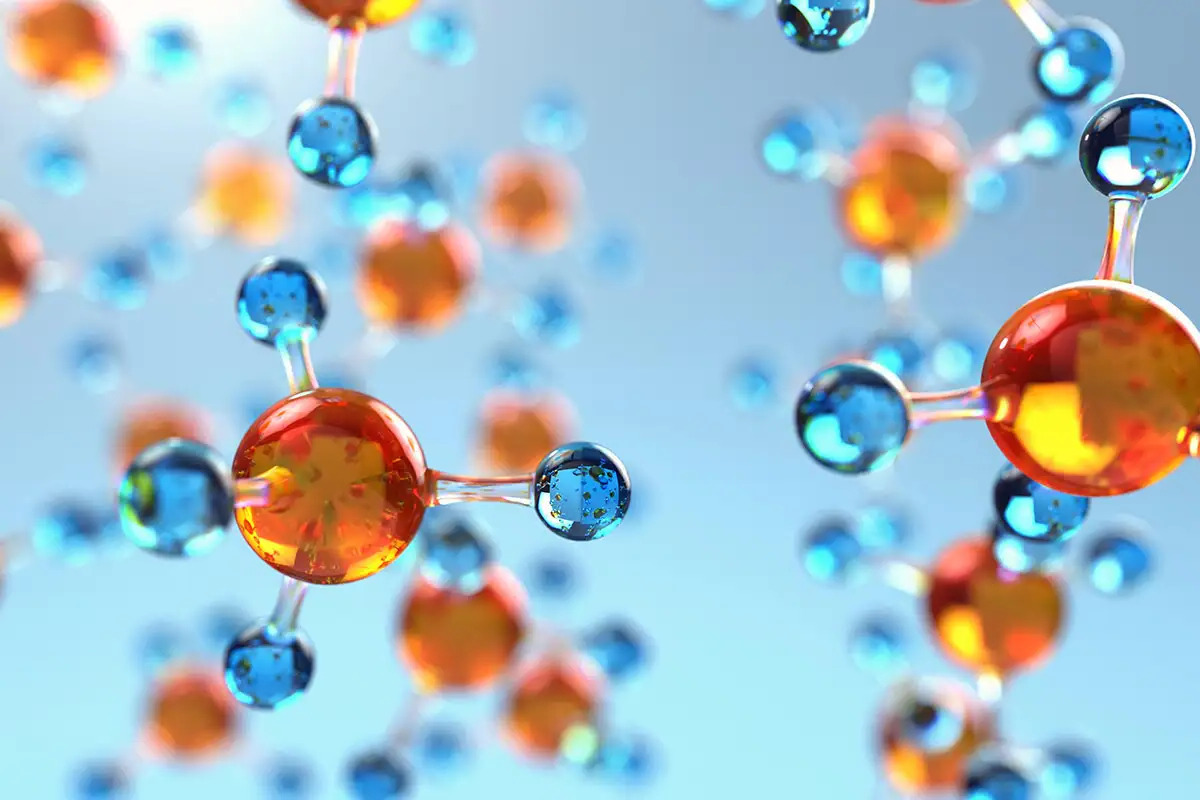
What is the ionic product of water? The ionic product of water is the product of the concentrations of hydrogen ions ([H^+]) and hydroxide ions ([OH^-]) in water. At 25°C, this value is always (1.0 \times 10^{-14}). This constant, often represented as (K_w), plays a crucial role in understanding the acidity and basicity of solutions. Water self-ionizes, meaning it splits into ions even in pure form. This self-ionization is why water can act as both an acid and a base. Knowing about (K_w) helps in calculating pH and pOH, essential for chemistry studies. Ready to dive deeper into this fascinating topic? Let’s explore 23 facts about the ionic product of water!
Key Takeaways:
- The ionic product of water, denoted as (K_w), is a key factor in understanding acidity, basicity, and pH levels in chemistry. It changes with temperature and has real-life applications in industries like water treatment and agriculture.
- Temperature affects the ionic product of water, with higher temperatures leading to higher (K_w) values. This concept has practical uses in everyday life, from managing soil acidity in agriculture to controlling the acidity of food products like cheese and yogurt.
What is Ionic Product?
The ionic product of water is a fundamental concept in chemistry. It helps us understand the behavior of acids, bases, and salts in water. Here are some intriguing facts about it.
- The ionic product of water, denoted as ( K_w ), is the product of the concentrations of hydrogen ions ([H^+]) and hydroxide ions ([OH^-]) in water.
- At 25°C, the value of ( K_w ) is ( 1.0 times 10^{-14} ) mol²/L².
- This value changes with temperature. For instance, at 50°C, ( K_w ) increases to ( 5.5 times 10^{-14} ) mol²/L².
- Pure water is neutral because ([H^+]) equals ([OH^-]), each being ( 1.0 times 10^{-7} ) M at 25°C.
- The concept of ( K_w ) is crucial for calculating the pH of solutions.
Importance in Chemistry
Understanding the ionic product is essential for various chemical calculations and reactions. Let's dive into why it's so important.
- ( K_w ) helps determine the pH and pOH of solutions, which are measures of acidity and basicity.
- In acidic solutions, ([H^+]) is greater than ([OH^-]), while in basic solutions, ([OH^-]) exceeds ([H^+]).
- The relationship ( pH + pOH = 14 ) at 25°C stems from the ionic product of water.
- Knowing ( K_w ) allows chemists to predict the direction of acid-base reactions.
- It is also used in buffer solution calculations, which are vital in maintaining pH stability in various processes.
Temperature Dependence
The ionic product of water is not a constant value; it varies with temperature. This section explores how temperature affects ( K_w ).
- As temperature increases, the value of ( K_w ) also increases.
- At 0°C, ( K_w ) is ( 0.11 times 10^{-14} ) mol²/L².
- At 100°C, ( K_w ) rises significantly to ( 51.3 times 10^{-14} ) mol²/L².
- This temperature dependence is due to the endothermic nature of water dissociation.
- Higher temperatures provide more energy for water molecules to dissociate into ions.
Applications in Real Life
The concept of ionic product isn't just theoretical; it has practical applications in everyday life and various industries.
- Water treatment plants use ( K_w ) to monitor and adjust the pH of water.
- In agriculture, soil pH affects nutrient availability, and ( K_w ) helps in managing soil acidity.
- The pharmaceutical industry relies on ( K_w ) for drug formulation and stability.
- In food science, ( K_w ) is used to control the acidity of products like cheese and yogurt.
- Environmental scientists use ( K_w ) to study the effects of acid rain on ecosystems.
Fun Facts
Here are some lesser-known yet fascinating facts about the ionic product of water.
- The concept of ( K_w ) was first introduced by Svante Arrhenius in the late 19th century.
- The ionic product is a special case of the equilibrium constant for the self-ionization of water.
- Even in pure water, ions are present due to the self-ionization process, which is why water conducts electricity, albeit weakly.
Final Thoughts on Ionic Products
Understanding ionic products helps in grasping the basics of chemistry. These products play a crucial role in chemical reactions and solutions. Knowing how they work can aid in predicting the behavior of acids, bases, and salts in various environments.
For students, mastering this concept can make chemistry less intimidating. For professionals, it’s essential for tasks like water treatment and pharmaceutical development. Remember, the ionic product of water (Kw) is a fundamental constant in chemistry.
Whether you’re a student or a professional, having a solid grasp of ionic products can open doors to deeper understanding and practical applications. Keep exploring, experimenting, and asking questions. The world of chemistry is vast and full of fascinating discoveries. Happy learning!
Frequently Asked Questions
Was this page helpful?
Our commitment to delivering trustworthy and engaging content is at the heart of what we do. Each fact on our site is contributed by real users like you, bringing a wealth of diverse insights and information. To ensure the highest standards of accuracy and reliability, our dedicated editors meticulously review each submission. This process guarantees that the facts we share are not only fascinating but also credible. Trust in our commitment to quality and authenticity as you explore and learn with us.
